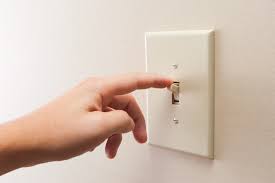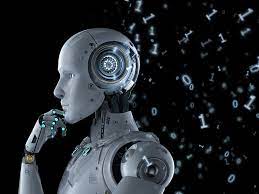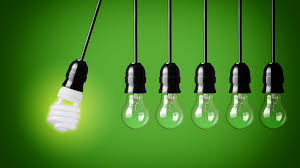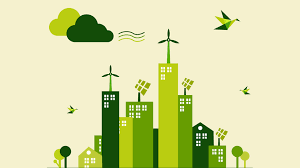 July 2022
July 2022
Consider your morning routine. Some wake up early, have coffee, get kids ready for school then go to work. Others start later in the morning and relax with a newspaper. Night owls may sleep until early afternoon and be awake until early hours of the morning.
We all develop habits and patterns which include showering, cooking, cleaning and relaxation. This in turn drives demand for water, gas and electricity. The process of adjusting building systems to our use patterns, then readjusting when patterns change, is something most never consider. More hot water for morning showers, or more electricity later in the day for cooking and air conditioning, does not magically occur.
In past years, energy has been measured by the provider, which may have tried to change personal routines and energy use through pricing. Time of use pricing, for example, encourages residents to modify their behaviours so energy demand is more even throughout the day. Today, our buildings are capable of detecting these changes and automatically adjusting.
We’ve learned the value of measuring energy use within each building, and adjusting systems when energy use patterns change. Those doing so experience lower energy use, reduced costs and improved comfort. They rely on sensors that measure temperature and utility use throughout a building. Energy management refers to using this information to manually adjust systems for optimal use.
Energy management offers opportunities for high-rise communities to improve comfort while reducing costs. Savings of 30 percent or more of utility costs can be realized. Government programs can help pay many of the up-front costs allowing communities to benefit from 100 percent of the savings.
Systems can automatically adjust to anticipated increased demand for water and electricity. Residents are not inconvenienced by uncomfortable temperatures or higher costs to address “unanticipated” system demands.
Smart energy management refers to automated system adjustments utilizing artificial intelligence technology. Sensors are added to existing equipment to measure utility utilization. Controllers are added to this same equipment for turning it on and off based on data gathered from sensors. A central computer brain reads data from sensors and instructs controllers on what to do while providing reporting for on- or off-site management. One of the many benefits is that systems are always optimized for most efficient use.
Smart energy management requires training to understand the data generated and how systems adjust based on the data. Manual adjustments are not practical because of the volume of data and complexity.
Most system improvements can be implemented in a couple of months with no disruption to building operations or resident comfort.







